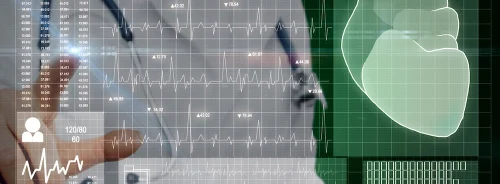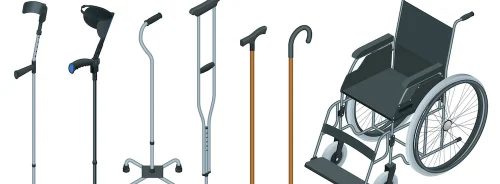When it comes to treating cardiac arrest, swift action can be the crucial factor between life and death.
Researchers from Osaka Metropolitan University have introduced a groundbreaking scoring model that uses only prehospital resuscitation data to accurately predict neurological outcomes for patients with out-of-hospital cardiac arrest (OHCA). This model could enable healthcare providers to make swift, informed decisions upon the patient’s arrival at the hospital, enhancing patient care and optimising resource allocation. The study is published in Resuscitation.
The study highlights the importance of rapid, accurate predictions in OHCA cases, where cardiac arrest can be fatal within minutes. In Japan alone, over 100,000 patients suffer OHCA annually, with fewer than 10% returning to a normal life.
The new scoring model, “R-EDByUS,” simplifies the prediction process using prehospital data to forecast unfavourable neurological outcomes. Developed from the initials of five key variables—age, duration to return of spontaneous circulation (ROSC) or time to hospital arrival, absence of bystander CPR, whether the arrest was witnessed, and initial heart rhythm (shockable versus non-shockable)—this model offers a practical alternative to existing complex prediction tools.
Analysing data from the All-Japan Utstein Registry, which includes prehospital resuscitation and one-month post-arrest neurological recovery information for 942,891 adults, the researchers created a model that divides patients into two groups: those who achieved ROSC before hospital arrival and those still undergoing CPR upon arrival. The R-EDByUS score was shown to predict neurological outcomes with high precision, achieving C-statistics values of around 0.85 for both groups. C-statistics measure a model’s predictive accuracy, with higher values indicating better performance.
Study researchers explain that the R-EDByUS score allows for high-precision prognosis prediction immediately upon hospital arrival, and its compatibility with smartphones or tablets makes it practical for daily clinical use.
This innovative model is set to become a vital tool for healthcare providers, helping to quickly assess and manage resuscitation patients.
In emergency care for OHCA, invasive procedures like mechanical circulatory support can be lifesaving but also very demanding. This model could assist in identifying patients who are likely to benefit from intensive care, thereby reducing unnecessary interventions for those with poor predicted outcomes.
Source: Osaka Metropolitan University
Image Credit: iStock






